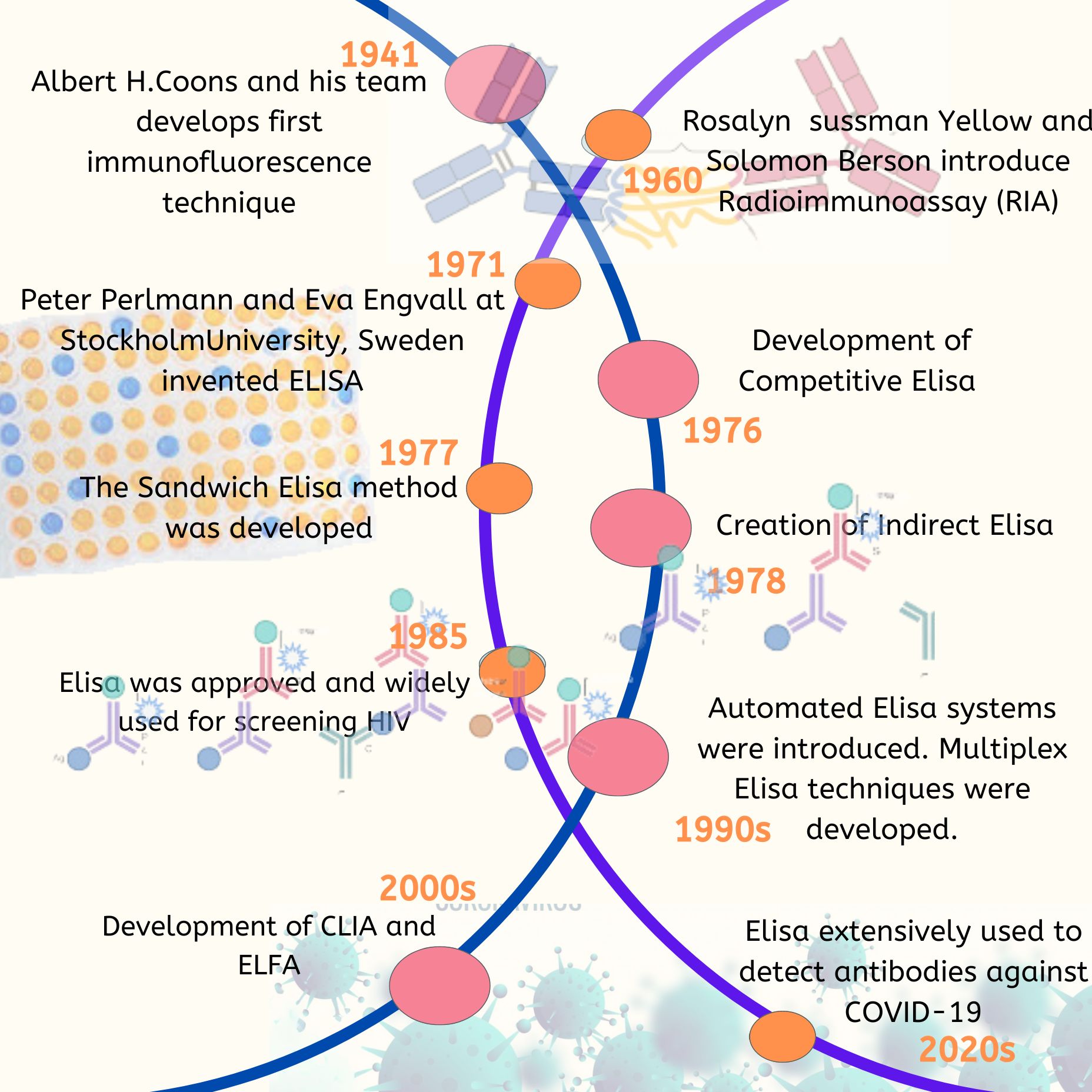Alexander disease is an extremely rare neurological disorder that occurs when the white matter (myelin) insulating the nerve fibers are destroyed. Myelin is essential for the effective transmission of signals between the nerves and when they are affected, the nerve impulses become disrupted.
In individuals with alexander disease, the white matter is destroyed in the brain along with the abnormal protein deposits known as Rosenthal fibers. These fibers occur in the supporting cells of the brain known as astrocytes.
Alexander’s disease has been divided into three forms depending on the age of onset and their symptoms; infantile, juvenile and adult forms. The common feature of alexander disease is the abnormal protein accumulation in the various parts of the brain and the central nervous system. In the later onset of alexander disease, the myelin defect may not be present. The infantile form of this disorder has a poor prognosis with most children not surviving past the age of 6. The juvenile and the adult onset tend to progress slowly.
Causes
This disease can be inherited in an autosomal dominant manner, where one copy of the defective gene causes the disorder. However, most cases of alexander disease are thought to be provoked as the result of a new genetic mutation that occurs spontaneously. The genetic mutation identified to cause this condition is the gene GFAP. This is responsible for the production of the glial fibrillary acidic protein which attachs together to create intermediate filaments necessary for the structural development of the cells. The defective gene results in a structurally abnormal glial fibrillary acidic protein affecting the normal cellular function.
Symptoms
The infantile form is usually presented with symptoms in the first few years of the infant’s life. Although some may not survive past their first year, the others may continue to live for 5- 10 years of age. Severe mental retardation occurs progressively and earlier the age of onset, the severe the condition progresses. Some of the symptoms of the infantile form include abnormally large brain, fluid accumulation in the brain, failure to grow or gain weight, seizures, difficulty with feeding, walking, speech and mental regression.
Individuals with the juvenile form of alexander disease may have problems with swallowing and coughing. These individuals have a normal sized head and mental functions. As the disease progresses slowly, they may survive to middle age.
An adult onset is a rare form characterized by impaired coordination, difficulties in speech, a problem with sleep and swallowing. The symptoms are often mild in this form of the disease and are similar to the juvenile form.
Diagnosis
The MRI can deliver an accurate diagnosis of the typical early onset of the disease. Also, other medical conditions that present similar symptoms should be ruled out with various tests. A genetic testing can detect the defective gene responsible for alexander disease. However, a small percentage of these cases may not be identified with the genetic mutation, hence the possibility of this condition cannot be ruled out.
Treatment
There is no cure for this disease. Generally, the treatment focuses on relieving the symptoms associated with this condition. The other form of treatment includes supportive care. The pressure builds up in the brain caused by fluid accumulation may be relieved by surgery.
References
https://ghr.nlm.nih.gov/condition/alexander-disease#diagnosis
http://www.ninds.nih.gov/disorders/alexander_disease/alexander_disease.htm
http://ulf.org/alexander-disease
https://rarediseases.org/rare-diseases/alexander-disease/



